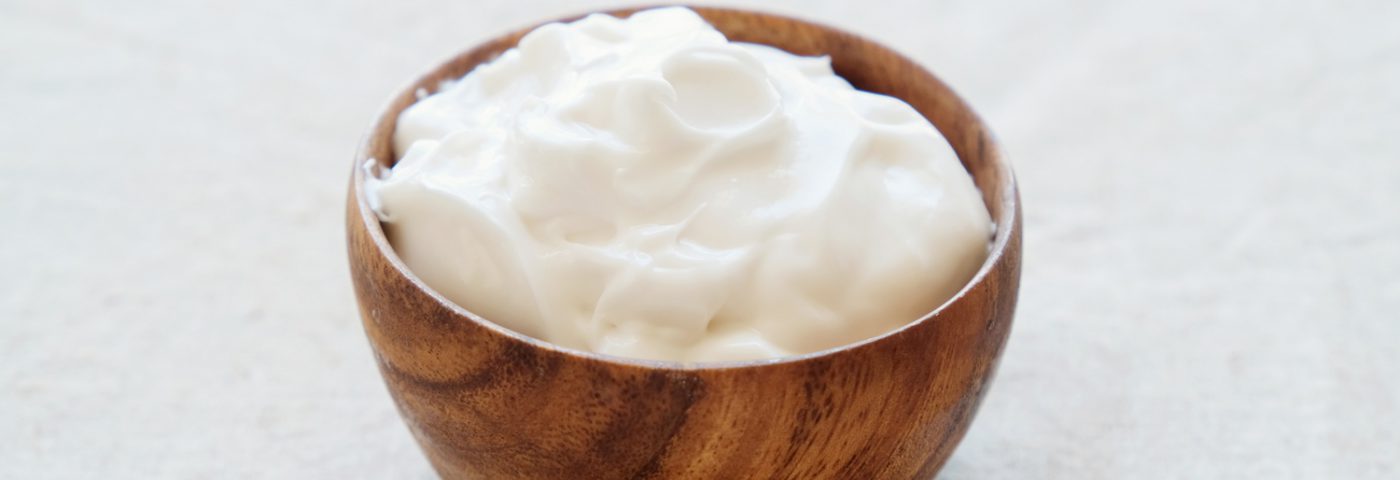One of the newest areas to emerge in skincare is products with probiotic claims. According to GlobalData’s 2016 primary consumer research, Asia Pacific has the highest levels of consumers currently actively buying these products, with Europe being the lowest. Given the huge success of Asian-inspired beauty regimes and products in the West, a probiotic skincare claim is likely to gain prominence in other markets, including Europe and North America.
Probiotics in the diet are widely known to maintain the good bacteria in the digestive system and keep the gut healthy. Grocery shelf space has increased to include a wide range of food and drink including yoghurt, kombucha and fermented foods, including kefir and miso. “The interest in natural and food-inspired actives has certainly contributed to the emergence of the probiotics trend as foods beneficial for inner health should also contribute to outer-wellness,” comments Jamie Mills, analyst, GlobalData.
Growing consumer interest in the skin microbiome and the role good bacteria have in skin health is fueling the holistic approach to inner and outer wellbeing. “Recognition that over-washing and over-cleansing the skin could remove both good and bad bacteria means there is interest in products that can replenish good bacteria and in turn improve skin health,” observes Mills.
Marie Drago, founder of the probiotic-rich skincare line Gallinée, states: “The skin bacteria have a major role in regulating the skin immune response and preventing infections. When damaged, it can lead to inflammatory reactions from the skin, such as premature aging, sensitive skin, all the way to acne and eczema.” Gallinée products help regulate the skin immune response and contain a high concentration of prebiotics to stimulate the growth of the skin commensal bacteria. “We are one of the first brands to openly talk about taking care of your skin’s good bacteria,” claims Drago. “Our communication is based on the fact that you are 50% bacteria and you should take care of them.”
GlobalData has captured other examples of probiotic skincare launches. La Flore Probiotic Skincare uses probiotics as a key active in order to enhance skin microbes and protect the skin from environmental stressors and harmful bacteria. Vichy Slow Age contains probiotic-derived Bifidus which contribute to protecting the skin and slowing the signs of aging. Pacifica Hot Vegan Probiotic & Spice Rehab Mask has Ayurvedic herbs, probiotics and coconut water to purify, energize and rebalance the skin.
Consumers are also increasingly looking for products to manage their skin’s health through diet and supplementation. The inclusion of “superfood” ingredients, such as mushroom, pomegranate, chia seeds and turmeric, are becoming an important trend, reflecting healthier “cleaner” diets, as described in the Mintel trend Power to the Plants. Michelle Teodoro, food science and nutrition analyst, Mintel, draws attention to studies that suggest birch sap has been used traditionally as a powerful detoxifier due to its diuretic action and has important anti-inflammatory properties. “Currently only a handful of birch waters on the market make mention of any skin health benefits. New innovations may be able to leverage this attribute and make it a key part of their brand,” she says.
With no signs of the interest in health and diet abating, the beauty market stands to benefit from an increase in new products based around novel foods and ingredients.
The full version of this article can be read in the November 2017 issue of HAPPI.

